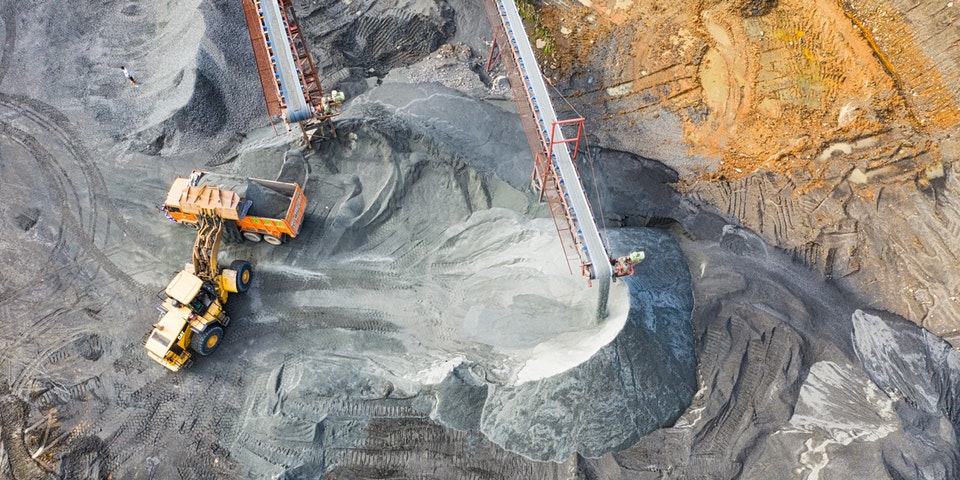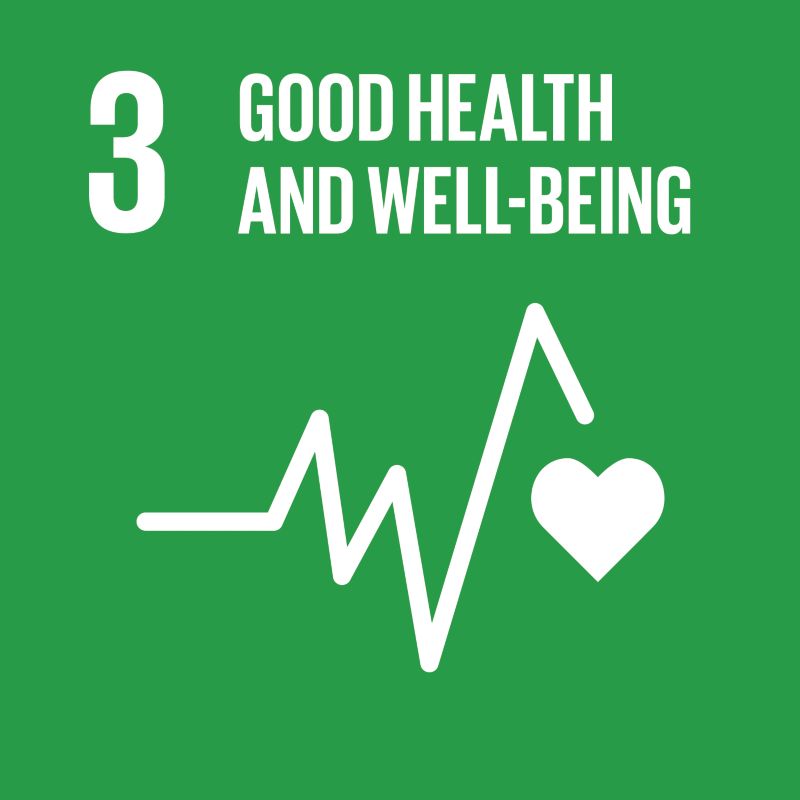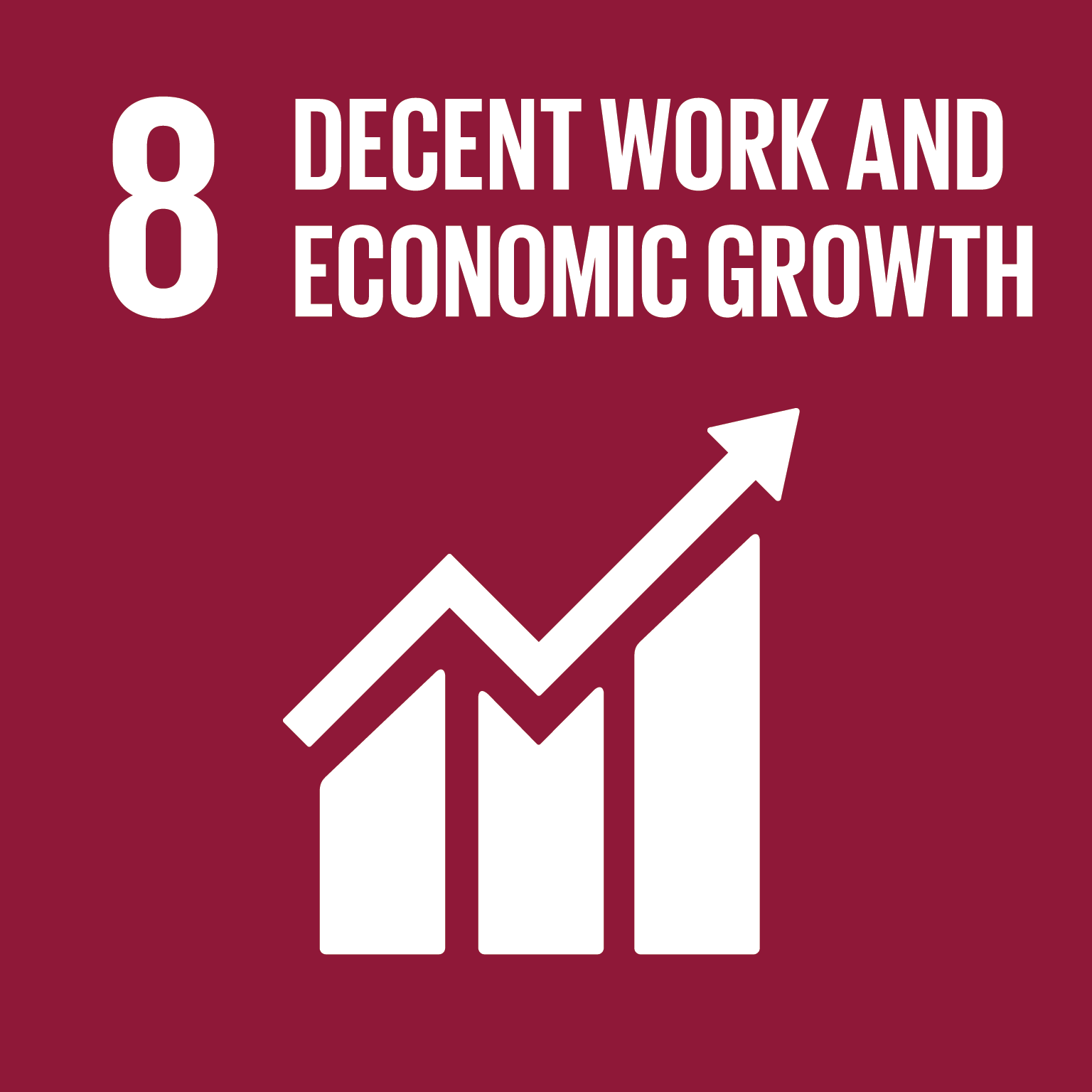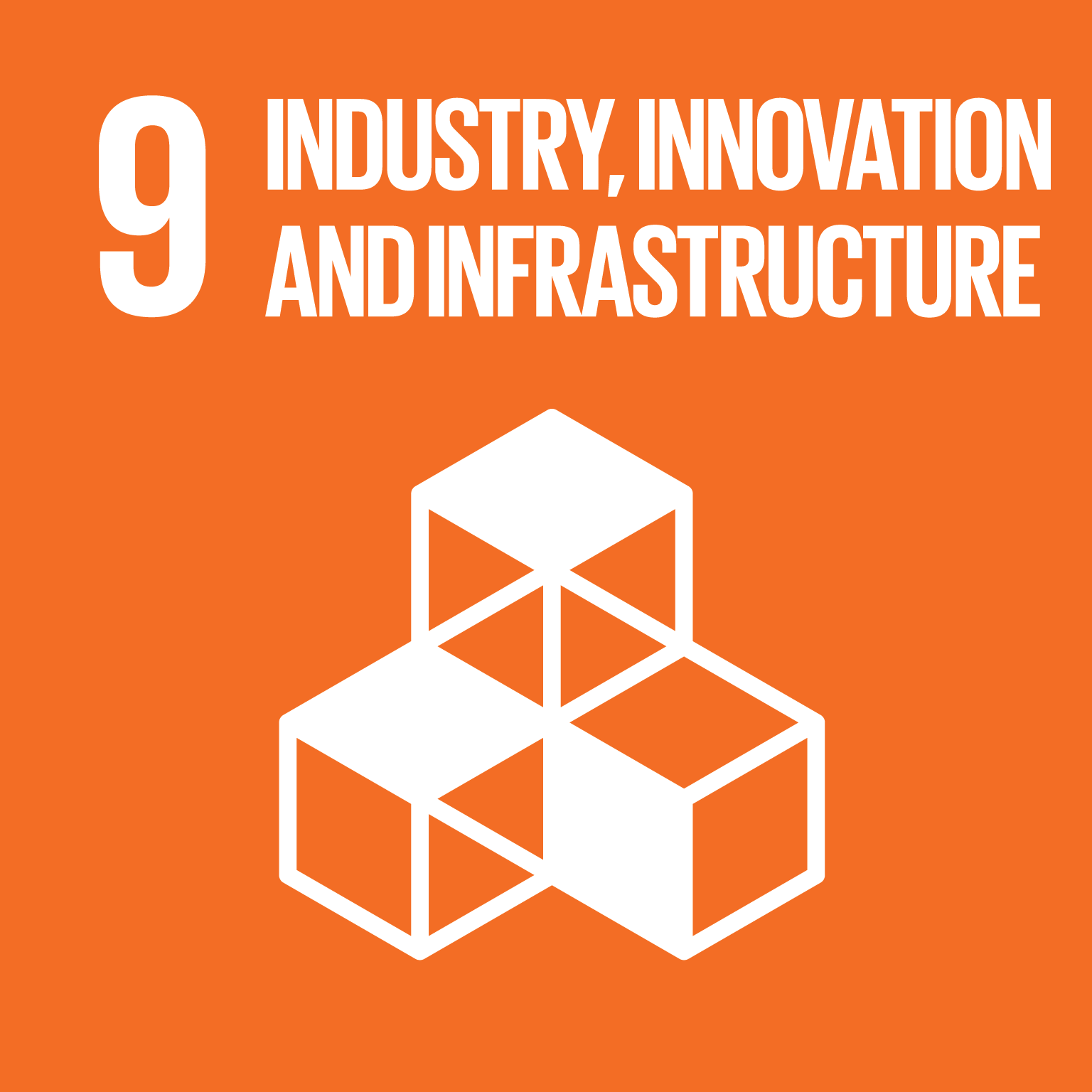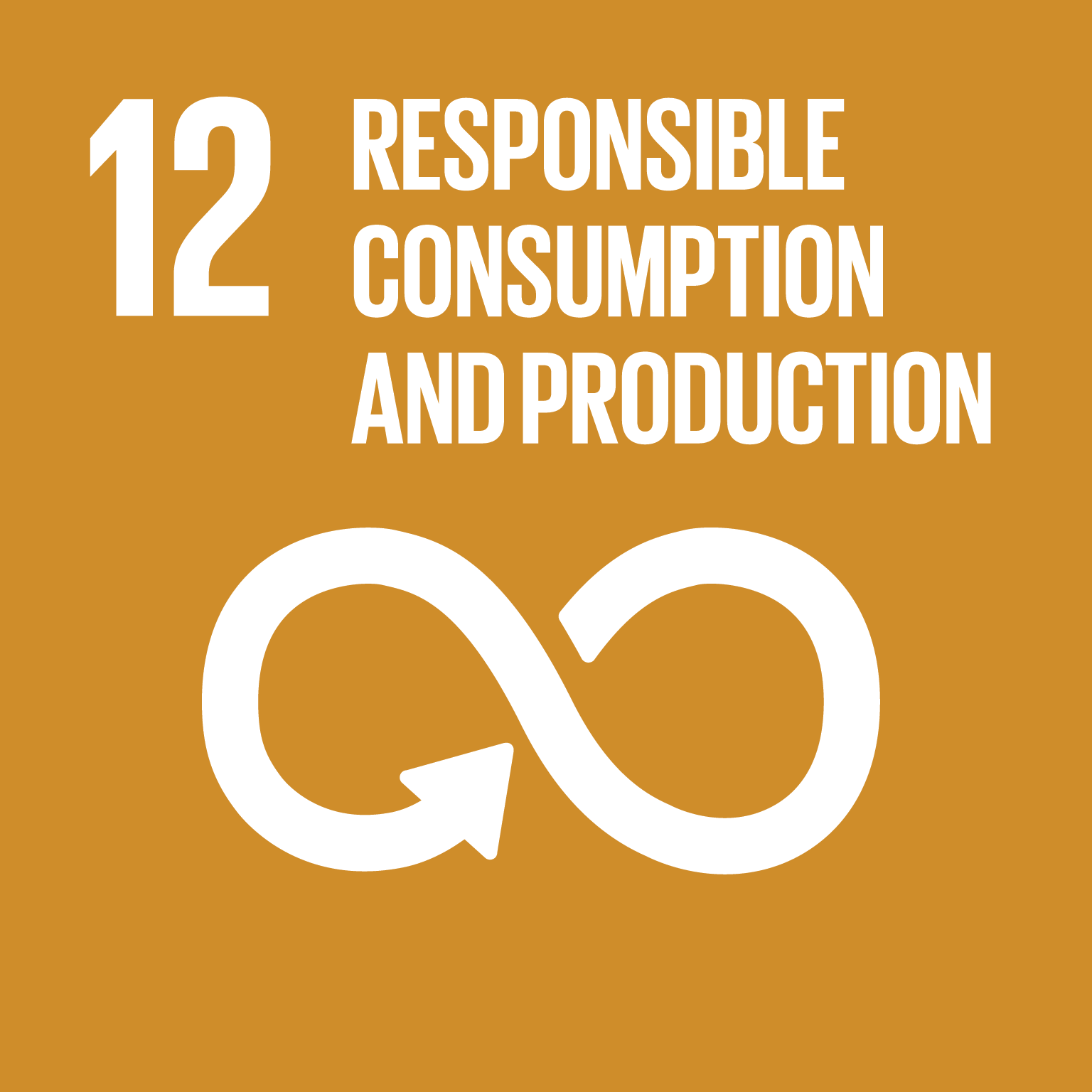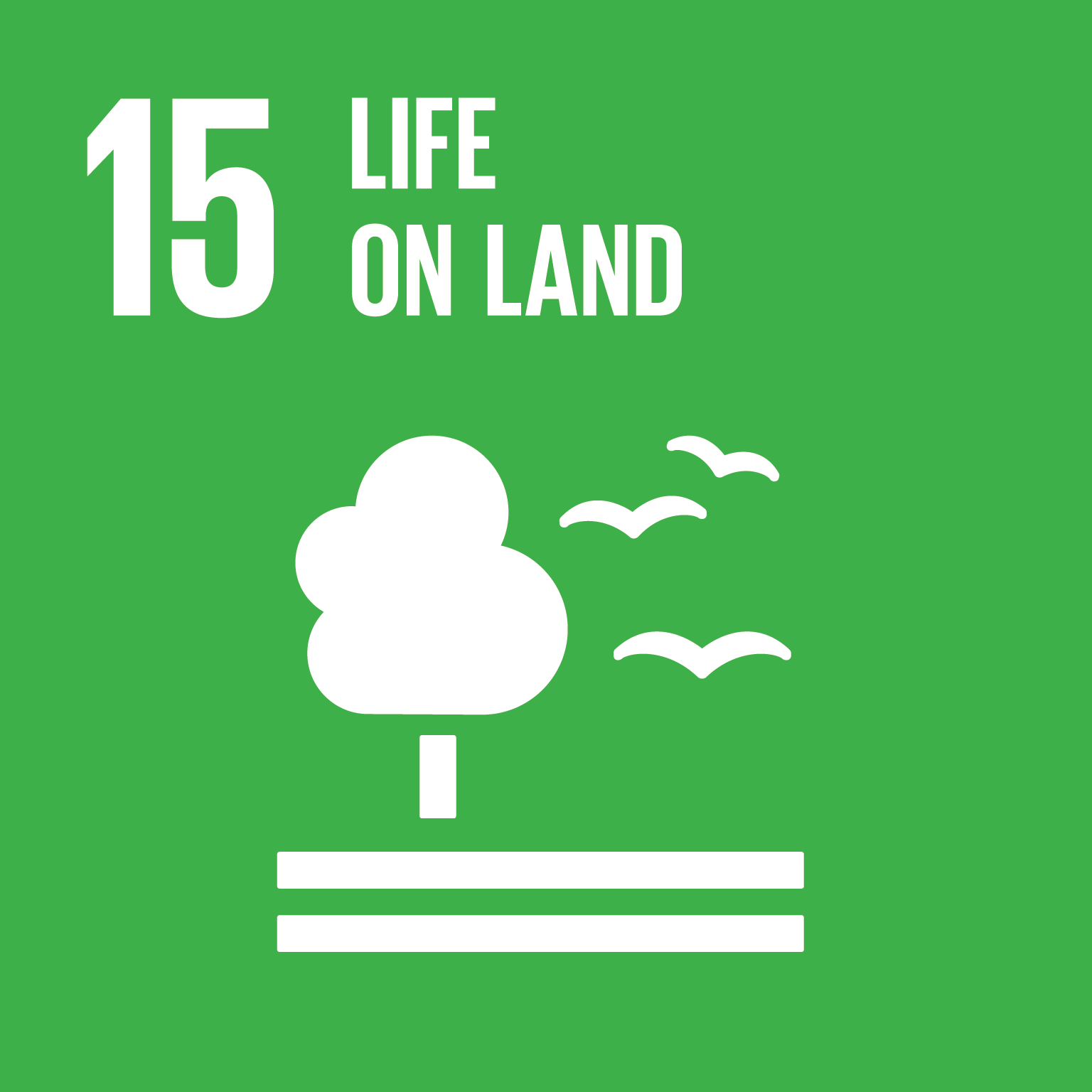This research is concerned with the impacts of Large-Scale Mining (LSM) in Madagascar.
This research is concerned with the impacts of Large-Scale Mining (LSM) in Madagascar. The country has colossal mineral deposits but is one of the poorest countries in the world. After ten years of industrial mining, the ‘Great Island’ is at a turning point with its current mining projects being scaled-up and its new classification as a “resource-rich” country. Evidence suggests that having mineral resources can either be a blessing or a curse to a country and its people. This study contributes to the literature by examining the economic and social impacts of LSM in Madagascar. It does so at the national, provincial and household levels. The study also uses mixed methods combining the analysis of secondary data with the analysis of new primary data from household surveys and interviews. The outcomes will contribute to inform policy development to maximise the development impacts of industrial mining in the future. The project contributes all SDGS but in particular to to SDG 3 (good health and well-being), SDG 8 (decent work and economic growth), SDG 9 (industry, innovation and infrastructure, SDG 12 (responsible consumption and production) and SDG 15 (life on land).
Project timeline: 2018 - 2020
Key contributors: Agathe Randrianarisoa, Simon Feeny, Sefa Churchill, and Mireille Razafindrakoto (Paris Dauphine University)
